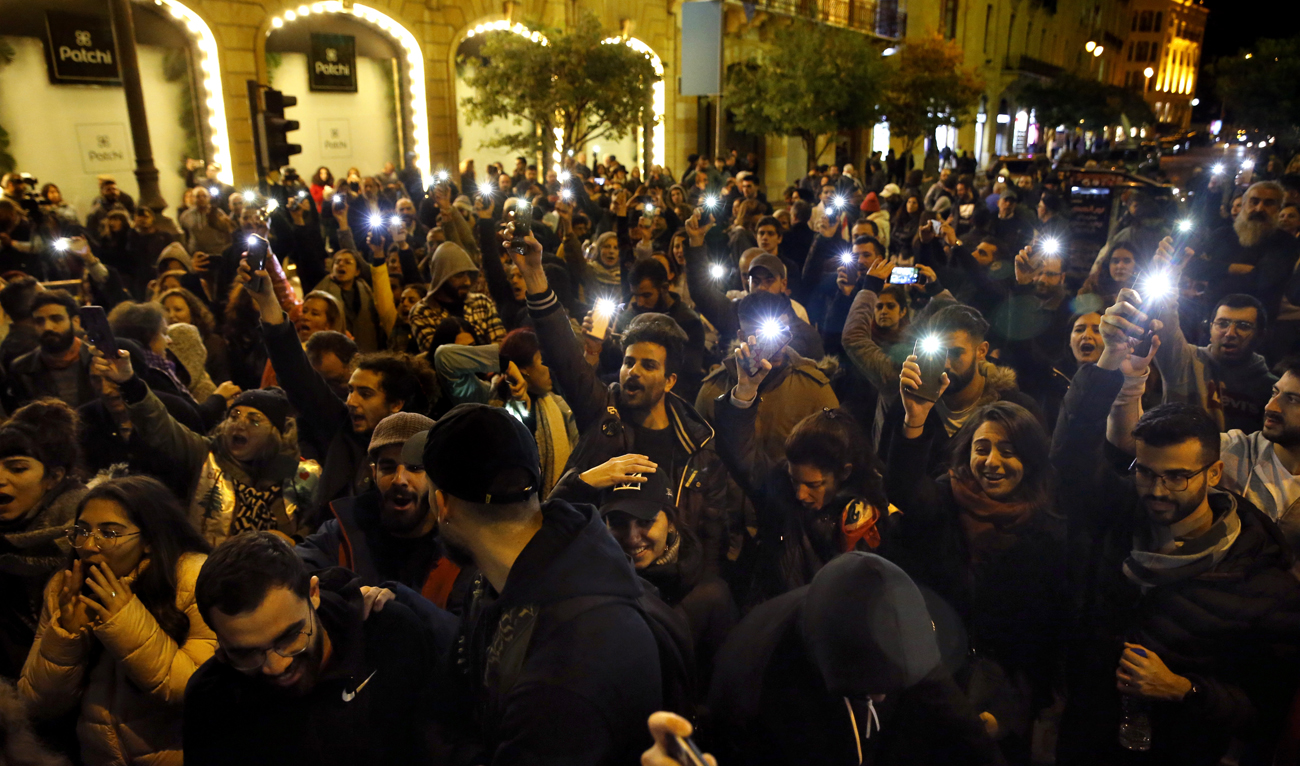Date palm, Arab region symbol of prosperity, listed by UNESCO
DUBAI: The date palm, which was recognized by UNESCO on Wednesday, has for centuries played an important role in the establishment and growth of civilizations in the hot and dry regions of the Arab world.
Now date palm-related knowledge, traditions and practices have been inscribed on UNESCO’s list of Intangible Cultural Heritage of Humanity.
The tree, whose roots penetrate deep into the soil, allowing it to grow in arid climates, has not only been a source of food but also of economic gain.
“Date palms gather in oases of different densities within desert areas indicating the presence of water levels suitable for irrigation,” according to a nomination put forward by 14 countries — Bahrain, Egypt, Iraq, Jordan, Kuwait, Mauritania, Morocco, Oman, Palestinian Territories, Saudi Arabia, Sudan, Tunisia, United Arab Emirates and Yemen.
“As a result, this aided mankind in settling down despite harsh conditions,” said the document.
Until this day, platters of dates adorn tables in homes and businesses across the Arab world, where the symbol of the date palm tree has historically presented prosperity.
The offering of the sweet fruit, coupled with a cup of coffee, is a sign of good old-fashioned Arab hospitality.
According to the UN’s Food and Agriculture Organization, the date palm is probably the most ancient cultivated tree.
It was grown as early as 4,000 BC and used for the construction of the moon god temple near Ur in southern Iraq — the ancient region of Mesopotamia.
“The population of the submitting states has been associated with the date palm tree for centuries as it aided them in the construction of civilization,” they said in the nomination.
“Historical research and various antiquities excavations have resulted in the plant’s significant cultural and economic status in numerous regions such as Mesopotamia, ancient Egypt and the Arab Gulf.”
The ancient crop also faces some modern challenges. Gulf countries have fought hard to eradicate the red palm weevil, which originally came from Asia and was first detected in the region in the 1980s.
The beetle, which is barely a few centimeters (around an inch) long, produces larvae that feed off palm trunks, killing the trees.
“In Gulf countries and the Middle East, $8 million is lost each year through removal of severely infested trees alone,” according to the FAO.
All parts of the date palm were and are still used in some parts of the region for shelter or to produce a range of products, including handicrafts, mats, rope and furniture.
To celebrate and promote their date palm heritage and palm products, some of the submitting countries hold annual date festivals, most notably the annual Liwa Date Festival in the UAE and the Dates Festival in Al-Qassim in Saudi Arabia.
Both Gulf countries are among the top date exporters, according to the Geneva-based International Trade Center.



 The deity was also in charge of memorial holidays and responsible for several inventions, holding the title Master of all Makers.
The deity was also in charge of memorial holidays and responsible for several inventions, holding the title Master of all Makers.
